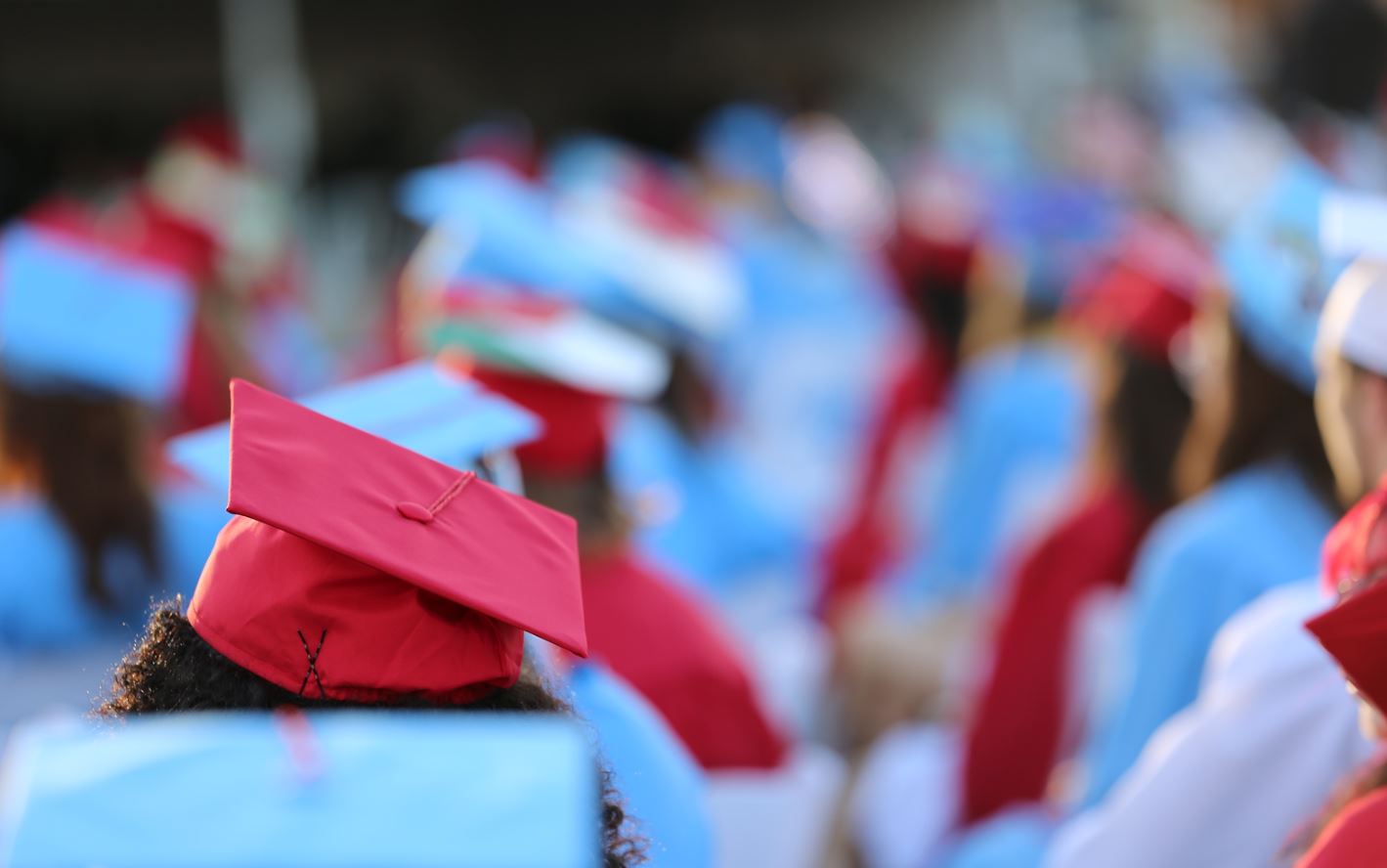The IB program is available in about 150 countries throughout the world. Although the program tries to keep what they teach very similar, there are small differences that can make big differences in the long-run.
Michelle Forbes, a history teacher at South, previously taught in the city of Suwan, a city that has a population of about one million people. Forbes taught ninth and tenth grade PE, tenth and eighth grade history, and IB history there for 6 years.
“I know that in my school, specifically, a big difference was that IB was from kindergarten through twelfth grade.It’s for all levels of kids, it’s not just eleventh and twelfth grade,” Forbes said.
The school that Forbes taught in had the middle years program, when IB starts from kindergarten and ends in 12th grade. In the Salem-Keizer school district, the IB program is only available at South, and South only offers the diploma programme, which is grades 9th through 12th.
“All of those pieces, like the learning profile and the different ways you are teaching kids skills, all of that is developing and it’s meant to be developing from the very beginning,” Forbes said.
Before teaching IB classes Mrs. Forbes taught in the U.S. at St. Pauls.
“I just kind of knew that I wanted to go abroad and try something new, to be somewhere new,” Forbes said.
There is an organization known as Search Associates that helps connect teachers with international schools. “You go to a big fair and there is a ton of principals and headmasters from schools all over the world and they just interview you,” Forbes.
Many teachers from the U.S. that decide to teach overseas often face some challenges. Teaching in new, different cultures to some teachers could have them change the way they teach. It would have them adapt and learn small details of the culture that they are now introduced to.
Another problem for teachers that teach at international schools are students that move around to different places and need to enroll to different schools very often.
“There was a lot of students who have moved around a lot. A lot of kids in international schools there parents have jobs that are international, they have to move from one place to another. There were some students that had some education in english at an american school at one point, then come back to Korea and go to a different school, then go back to an IB school. The mixture is with kids who have been there the whole time,” Forbes said.
Education in Korea is very important to everyone that lives there, it plays a big toll on how successful you will be in life. “The parents and the community, they place a huge value on education. Education is extremely valued, no matter where you are from education will always be up there… Here, there is a much bigger value on sports.” said Forbes.





